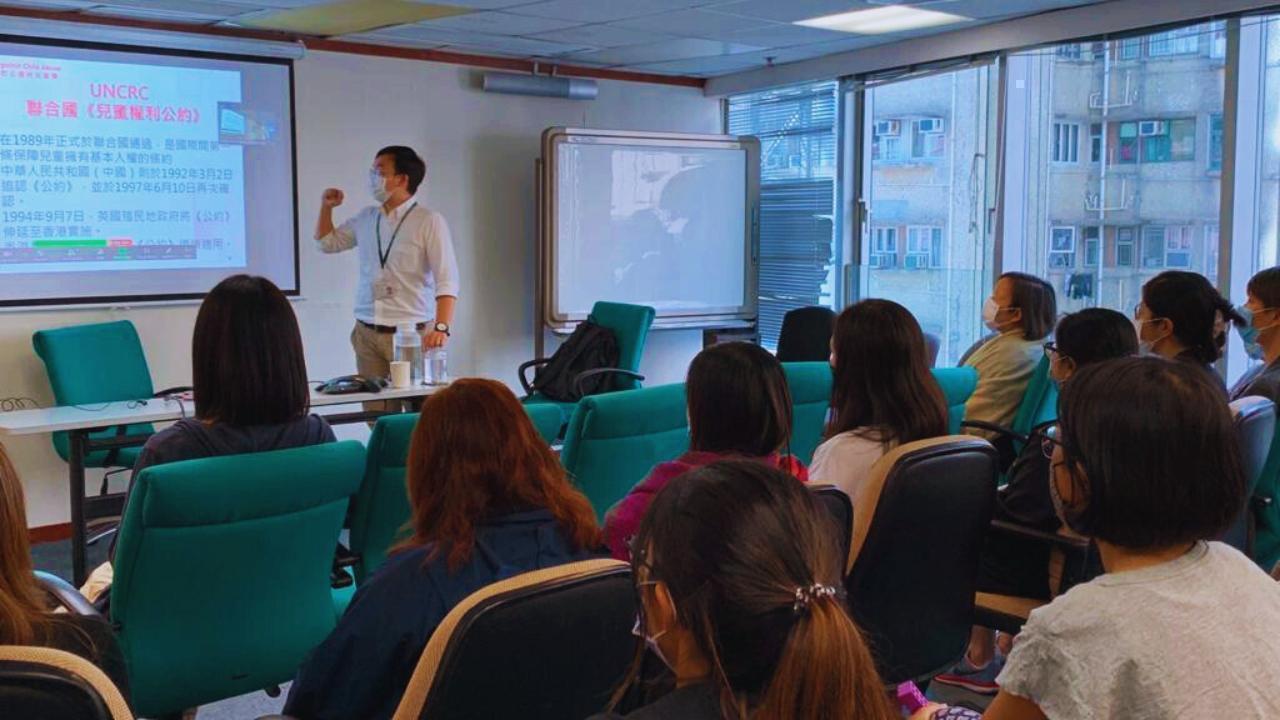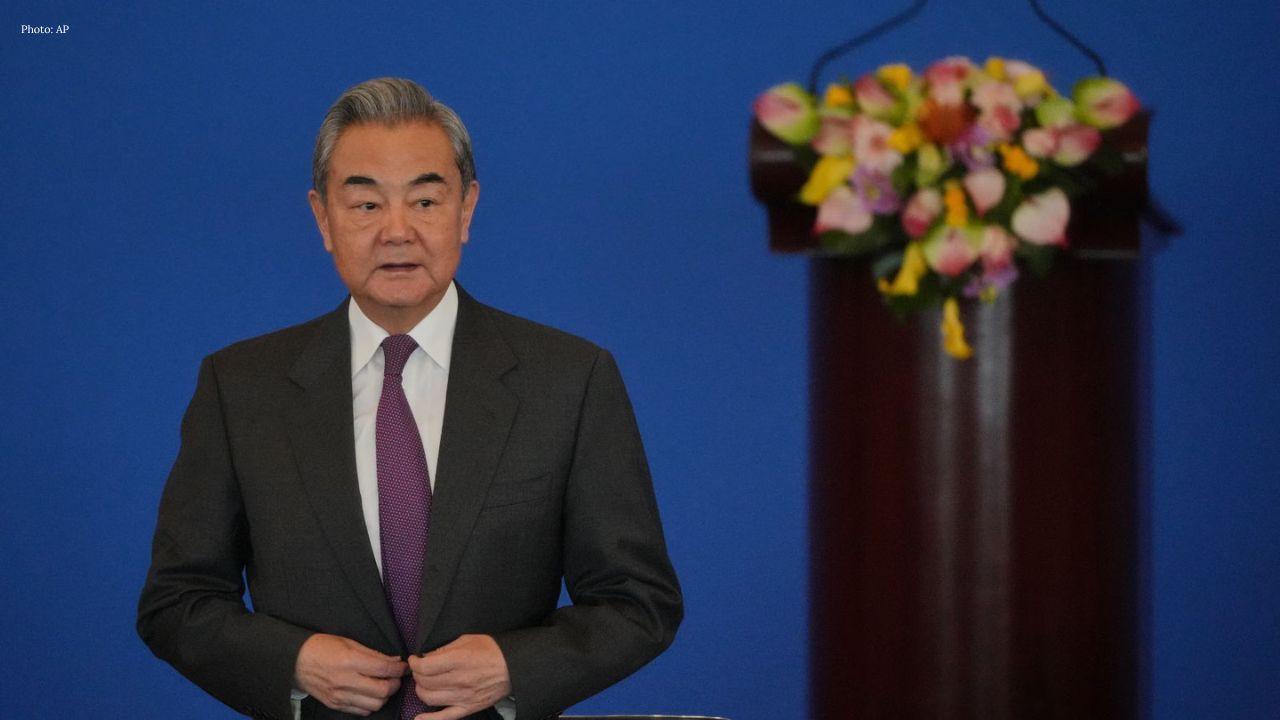You have not yet added any article to your bookmarks!

Join 10k+ people to get notified about new posts, news and tips.
Do not worry we don't spam!

Post by : Anis Farhan
Education has always been a mirror of society, reflecting how communities evolve, innovate, and adapt to change. Today, schools and universities are undergoing one of the most significant transformations in history: the rise of hybrid classrooms and artificial intelligence tutors. Unlike the traditional education model, which relies heavily on physical classrooms and standardized teaching, this new approach integrates technology into everyday learning. The outcome is an environment where students have access to personalized education that is not bound by location, time, or rigid curricula. This shift is not just a reaction to modern technological possibilities; it is also a response to the growing need for inclusivity, flexibility, and skill-based learning.
Hybrid classrooms combine in-person teaching with online components, giving students the ability to balance face-to-face interactions with digital resources. This approach allows schools to bridge the gap between conventional learning methods and the possibilities offered by technology. For example, a student can attend a lecture in the morning and revisit recorded content later at home for better understanding. This model caters to different learning styles—whether auditory, visual, or kinesthetic—making education more adaptable and effective.
What makes hybrid classrooms particularly important is their accessibility. Students from remote areas, who once struggled to attend physical schools, can now participate in the same lessons as those in major cities. This balance between physical and digital spaces ensures that no learner is left behind simply because of geography or economic background.
Artificial intelligence is playing a revolutionary role in personalizing education. Unlike human teachers who manage large groups, AI tutors can focus on individual student progress. These systems track performance, identify weaknesses, and suggest customized exercises. For instance, if a student struggles with algebra but excels in geometry, the AI tutor can allocate more practice problems and interactive lessons for algebra without holding back progress in other areas.
The advantage of AI tutors also lies in their availability. Students can access help any time of the day, unlike traditional tutoring, which is limited by schedules and costs. This round-the-clock support makes learning more continuous and less stressful, especially during exams or complex project work.
There is a misconception that AI and hybrid models might replace teachers. In reality, these tools are designed to assist rather than replace. Teachers remain the cornerstone of education because of their ability to mentor, inspire, and understand emotional contexts. AI and hybrid tools handle repetitive tasks—like grading, providing instant feedback, or organizing resources—so teachers can spend more time on creative discussions, critical thinking sessions, and personalized mentorship.
This human-technology partnership results in a more balanced and engaging educational system. Teachers focus on nurturing problem-solving, empathy, and teamwork—skills that machines cannot replicate—while technology ensures that foundational knowledge is reinforced effectively.
One of the strongest advantages of hybrid classrooms and AI tutors is inclusivity. Education is no longer a privilege restricted to urban areas or wealthier households. With internet access expanding globally, even communities in developing nations are beginning to benefit. Students with disabilities also find hybrid models more adaptable. Voice recognition software, screen readers, and AI-driven adjustments help ensure that learning is accessible to everyone.
Additionally, this system empowers lifelong learning. Adults who may not have had the chance to pursue higher education earlier can now enroll in flexible hybrid courses while balancing jobs and family responsibilities.
Despite its promise, the hybrid and AI-driven education model faces several challenges. Unequal internet access, especially in rural regions, creates a digital divide. Not all schools can afford the latest software or devices, leading to gaps in educational quality. Another challenge is ensuring that AI tutors remain unbiased. Since AI relies on data, poorly designed algorithms could reinforce stereotypes or create unfair advantages for certain groups of students.
Teachers also need training to effectively integrate technology into their teaching methods. Without proper guidance, the tools risk being underutilized, turning potentially dynamic lessons into static digital exercises. Addressing these issues requires government policies, institutional investments, and continuous teacher development programs.
Looking ahead, hybrid classrooms and AI tutors will likely become the global standard rather than the exception. Education systems are beginning to place more emphasis on skill development, creativity, and problem-solving rather than rote memorization. With AI tutors providing personalized learning paths and hybrid classrooms enabling access across geographies, the future of education will be far more inclusive, diverse, and practical.
We may also see the rise of "smart campuses," where physical infrastructure integrates seamlessly with digital tools. Students might wear devices that track attention spans, emotional states, or learning preferences, helping teachers and AI platforms refine lesson delivery in real time. Virtual reality and augmented reality could also make lessons more immersive, letting students explore history, science, or geography as if they were truly part of the experience.
While the excitement around technology is valid, it is important to remember that education is not just about acquiring knowledge; it is about shaping individuals into responsible, empathetic members of society. Hybrid classrooms and AI tutors should not strip away the human element from learning. Instead, they must complement traditional values of mentorship, collaboration, and social interaction. The success of this model will depend on finding the right balance between technological efficiency and human connection.
This article is for informational purposes only and reflects current developments in the field of education. The views expressed are general insights into hybrid classrooms and AI tutors, not professional educational advice.










China Ousts Three Retired Generals from Top Political Advisory Body
CPPCC ousts retired PLA generals ahead of annual Two Sessions as broader anti‑corruption military sh

Japan Jobless Rate Rises to 2.7%
Japan sees first increase in jobless rate in five months as voluntary quits rise and job openings sl

Strong 6.1-Magnitude Earthquake Shakes Indonesia’s Sumatra Island
Tremors felt across region no immediate reports of damage or casualties as authorities monitor seism

Rizwan Sajan Reaffirms Trust in UAE’s Safety and Growth
Danube Group Chairman Rizwan Sajan assures residents and expatriates of safety in UAE, highlighting

India Witnesses Chandra Grahan Blood Moon Visible in Parts of World
Skywatchers observe partial eclipse in India as total ‘Blood Moon’ visible across North America Aust

14 Pakistan Players Shortlisted for The Hundred 2026
ECB reiterates nationality will not influence selections as Haris Rauf and Shaheen Afridi headline P